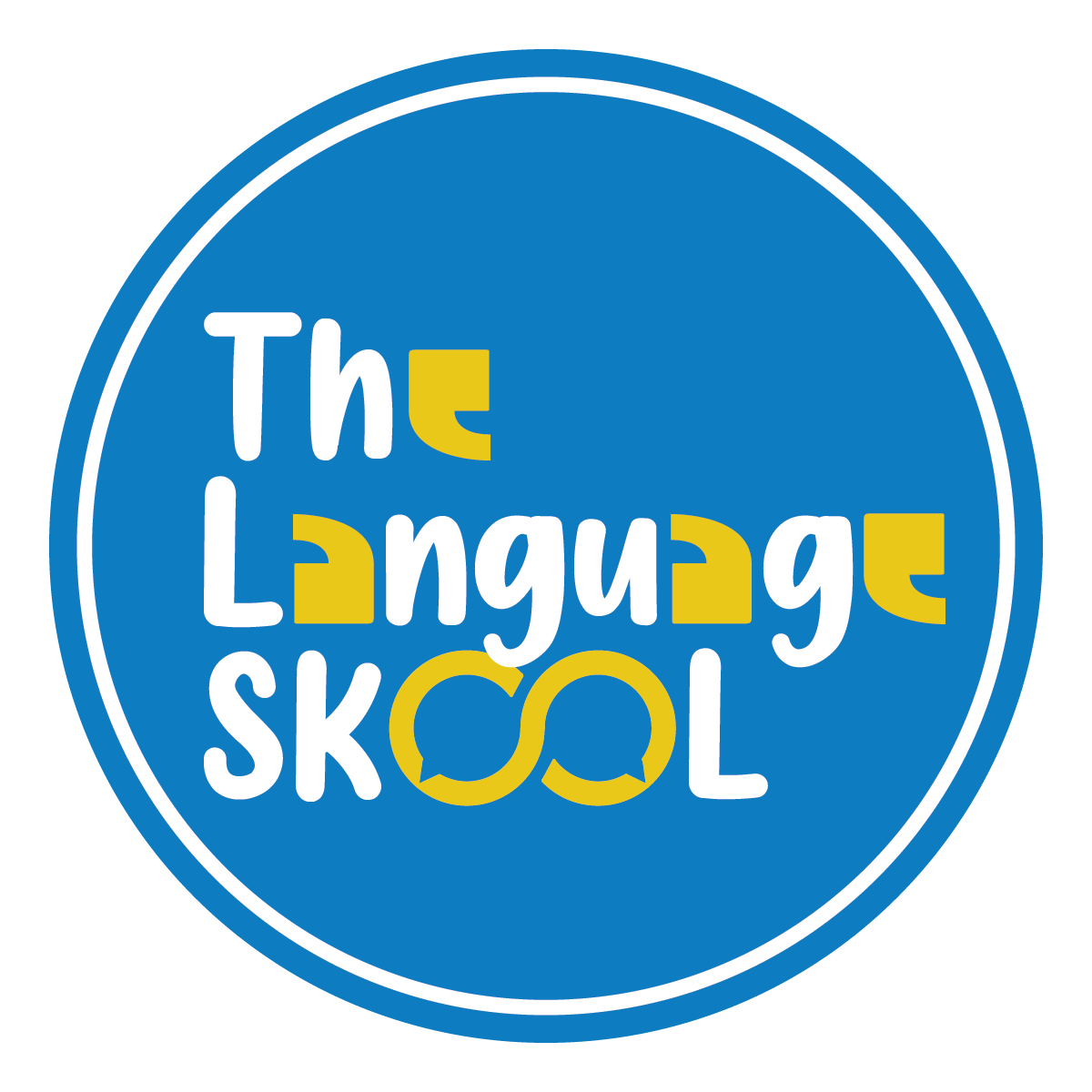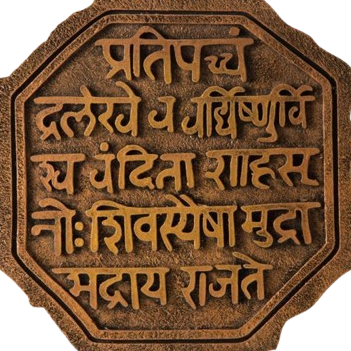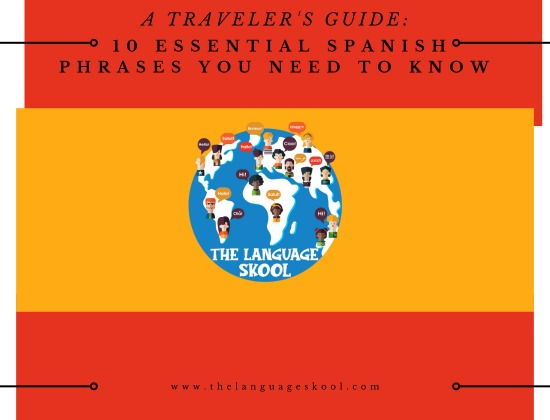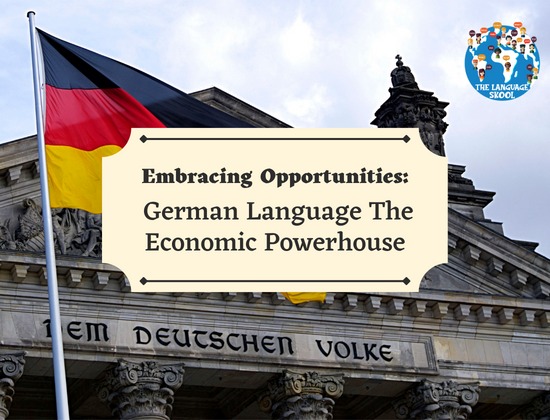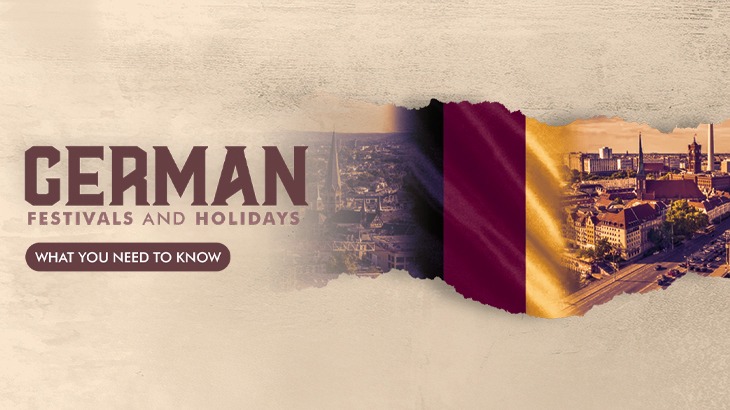
German Festivals and Holidays: Learn ONLINE with the Language SKOOL
Germany is a country rich in culture, traditions, and celebrations. From world-famous festivals like Oktoberfest to cherished local customs, German holidays offer a unique glimpse into the nation’s history and way of life. Whether you're planning a trip to Germany or just curious about its festive spirit, this guide will walk you through some of the most important German festivals and holidays.
1. National Holidays in Germany
Germany observes several public holidays, some of which vary by region. Here are some of the key nationwide holidays:
New Year’s Day (Neujahrstag) – January 1
The year starts with celebrations, fireworks, and traditional gatherings with family and friends.
Good Friday & Easter (Karfreitag & Ostern) – March/April
Easter is widely celebrated in Germany, with festive markets, colorful egg decorations, and the famous Osterhase (Easter Bunny). Good Friday and Easter Monday are public holidays.
Labour Day (Tag der Arbeit) – May 1
A day dedicated to workers’ rights, often marked by parades and demonstrations.
German Unity Day (Tag der Deutschen Einheit) – October 3
This day celebrates the reunification of Germany in 1990 and is the country’s national holiday. Festivities include concerts, speeches, and fireworks.
Christmas (Weihnachten) – December 24-26
Germans celebrate Christmas with festive markets, decorated trees, and family feasts. Christmas Eve (Heiligabend) is especially significant, as gifts are exchanged and families come together.
2. Famous German Festivals
Oktoberfest (Late September – Early October)
Held in Munich, Oktoberfest is the world’s largest beer festival. Millions of visitors enjoy traditional Bavarian beer, hearty food, and lively music while dressed in Lederhosen and Dirndls.
Karneval (Carnival) – February/March
Also known as Fasching or Fastnacht, this festival is Germany’s version of Mardi Gras. Cities like Cologne, Düsseldorf, and Mainz come alive with colorful parades, masquerade balls, and street parties.
Walpurgis Night (Walpurgisnacht) – April 30
A night of bonfires and witch-themed celebrations, especially in the Harz Mountains, where folklore says witches gather on Brocken Mountain.
St. Martin’s Day (Martinstag) – November 11
A beloved holiday for children, who carry lanterns in processions to honor St. Martin, known for his kindness and generosity.
Christkindlmarkts (Christmas Markets) – November/December
Germany’s Christmas markets are magical, offering mulled wine (Glühwein), handmade gifts, and festive treats in towns and cities across the country.
3. Unique Regional Celebrations
Cannstatter Volksfest (Stuttgart Beer Festival)
Often considered the second-largest beer festival after Oktoberfest, this festival features rides, traditional music, and lots of beer.
Schützenfest (Marksmen’s Festival)
A shooting competition and festival is celebrated in different regions, with the largest event held in Hanover.
Reeperbahn Festival (Hamburg)
A major music festival showcasing local and international artists in one of Germany’s most vibrant nightlife districts.
Experience Germany’s Festive Spirit
No matter the season, Germany offers a festival or holiday to enjoy. Whether you’re dancing at Oktoberfest, marveling at Christmas lights, or experiencing a traditional Easter market, German celebrations bring people together in a joyous, cultural exchange.
Want to learn more about German culture and language? Join us at THE LANGUAGE SKOOL and immerse yourself in the world of German traditions!
